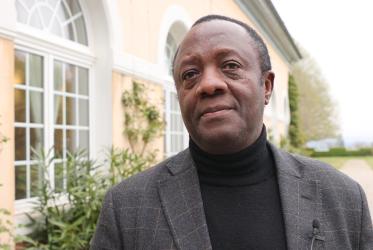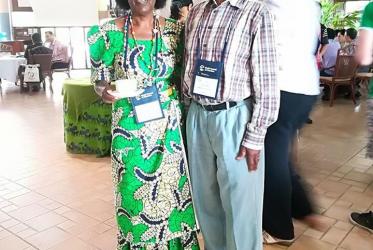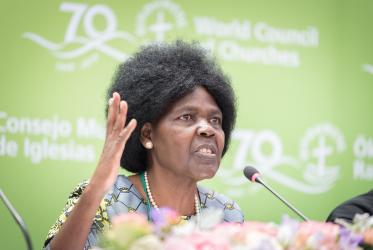Displaying 1 - 20 of 50
WCC leaders recall life-changing experiences from early days
10 February 2022
New student body at Bossey Ecumenical Institute “a source of joy”
14 September 2020
Young Africans are eager to grapple with challenges
09 January 2020
Kenya mourns the late Prof. Samuel John Mbiti
08 October 2019
Mission is the essence of Christian life, says Orthodox theologian
15 November 2018
Romani people seek “lives of decency, dignity, and justice”
27 September 2018
Konrad Raiser shares ecumenical journey of transformation
06 February 2018















